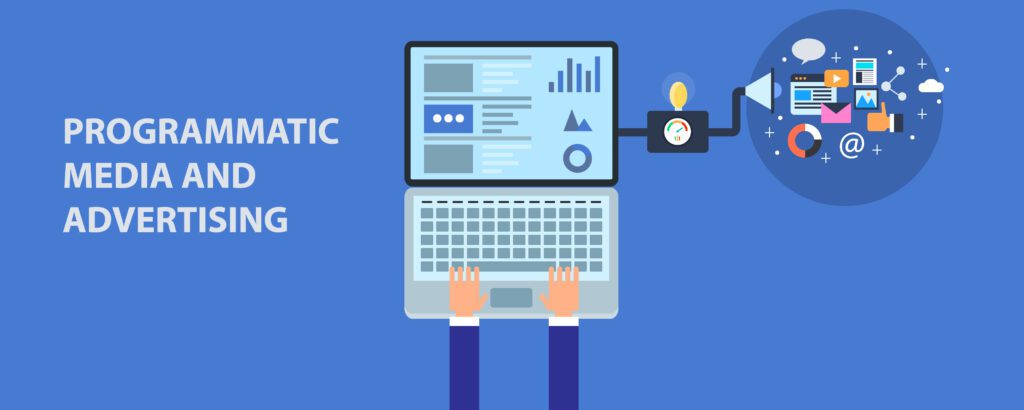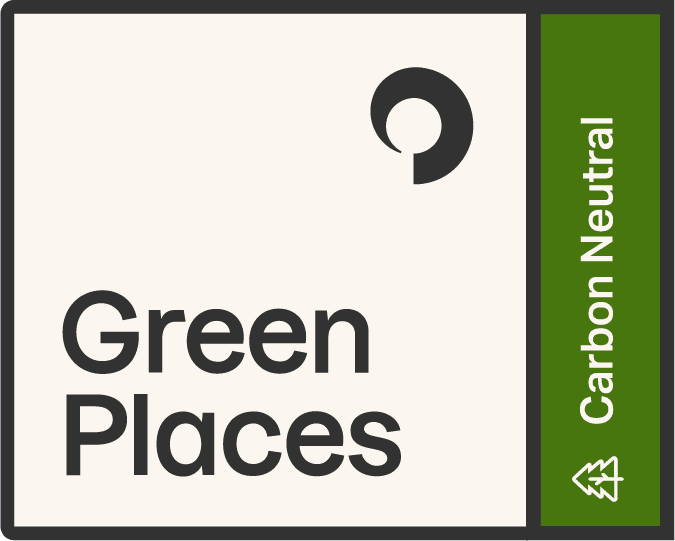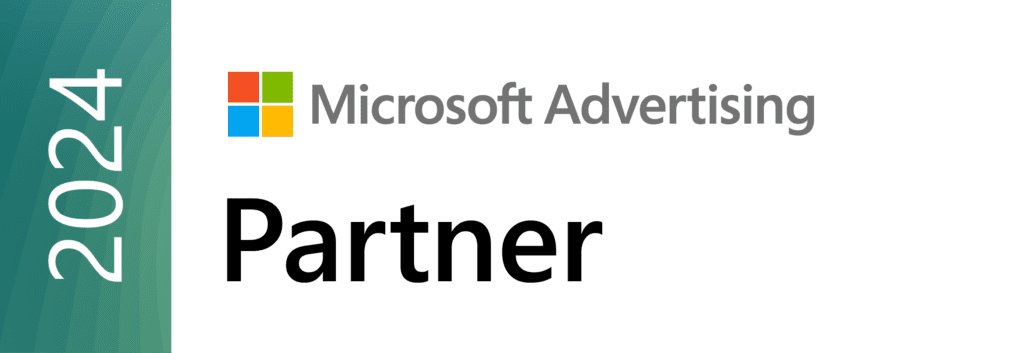Programmatic Media Buying is defined as the automated process for which one can purchase display media advertisements via an online bidding process. Typically, remnant inventory is placed on an exchange, in which technology such as Demand Side Platforms (DSP’s) or Trading Desks will Real Time Bid (RTB) on the data and available inventory. Pretty simple – right? Actually, if you can picture the stock exchange – you’ve got a pretty good idea of an ad exchange… Well – this week I spoke at the Internet Summit, and I was given 15 minutes to expand on an “advanced digital display strategy”. I can’t introduce myself in less than 30 minutes, and it usually contains 2 stories from the 80’s – but I thought, why not – this will be a challenge for me to deliver quality content on a subject I’m passionate about, and keep it short.
Like I said, I can’t introduce myself in that short of time – so here I am blogging about the 4 more hours I would have been on the stage had they allowed me to.
For those that missed the presentation, we used the above ad from Adobe to sum up knowing your data.
Just to quick recap my presentation, the IAB released a study showing that 85% of advertisers were currently utilizing programmatic media buys today. Although we’ve been knee deep in it since its inception about 2 years ago – this stat shocked me when I read yet… If you check out the twitter stream from when I put the slide up, you’ll see it shocked the rest of the Southeast as well – but I still felt this was a great topic to provide some insight into some of my favorite strategies. Strategies, in the programmatic media world can be as simple as Above the Fold outreach, or testing one site at a time – or ultimately whatever you want them to be. My recommendation however is to keep best practice marketing principles in place, and make sure you are only testing one variable at a time. That said – here are those favorite strategies we discussed:
- White Listing. Everyone knows that black listing a site is good- but with the amount of spam and bots and people trying to cheat the system, rather than try and stay a step ahead of the technology geeks, I like to create a list of sites that we will only run on (rather than guessing what ones to not run on).
- Segment Targeting. Ultimately, remarketing – but very specific and with matching (non-creepy) creative. So if you know someone was shopping for your trial software but didn’t buy, don’t flaunt it at them (as most people feel big brother is watching), but maybe be a little more creative and target them next with a discount code, or a secondary offer that is a natural upsell in your sales funnel.
- Private Exchanges. We didn’t have time to speak much on this, but in essence, create a right of first refusal on a specific publishers site.
- Not just for Digital. Most people don’t realize that TV spots are now being purchased programmatically as well.









